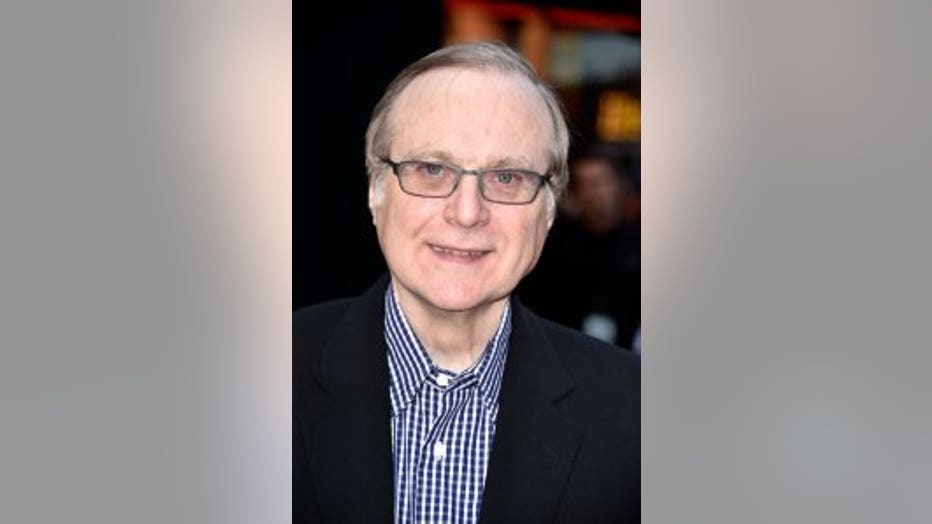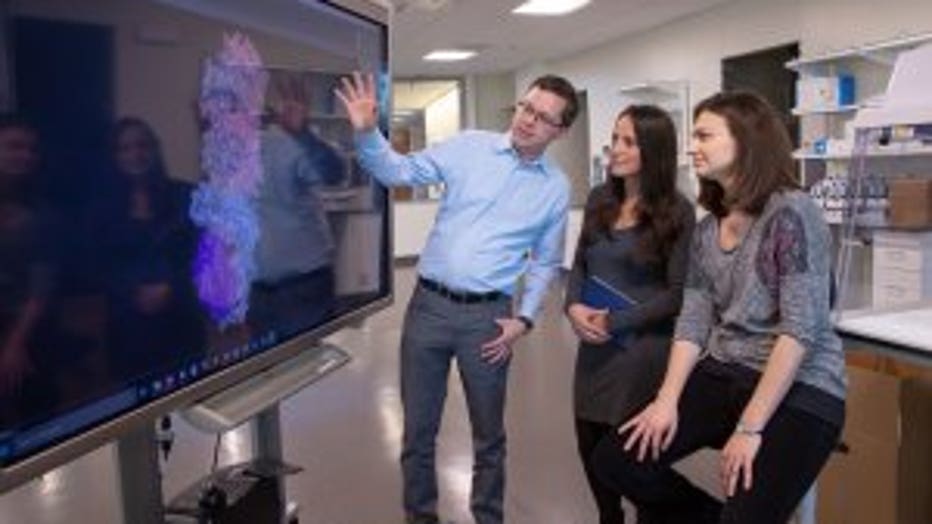The late Paul Allen impacting human health even in death
In life, Paul Allen's philanthropic work was guided by his natural curiosity to learn more about the world around him. He was especially interested in the complexity of the human body and how it works.

Before his death in October from complications of non-Hodgkin's lymphoma, Allen made clear his passion for unlocking answers about the immune system that have for decades remained a mystery. Why do some people contract diseases and others don't? What makes one person healthy, and another ill?
With that in mind, along with a $125 million commitment from it's late founder, the Allen Institute in Seattle announced the launch of the Allen Institute for Immunology .
"This is an amazing investment from Paul Allen to really place a foundational footprint on the future of immunology research," said Tom Bumol, Executive Director of the Allen Institute for Immunology.

Bumol came out of retirement to lead the new division of the Allen Institute, a project he says will focus on "unraveling the mysteries of the dynamic immune system in healthy individuals and focusing the same cutting-edge tools on patients in various disease states."
The Allen Institute for Immunology will research two types of cancers, multiple myeloma and malignant melanoma. Scientists will also study three autoimmune disorders, including rheumatoid arthritis, ulcerative colitis and Crohn's Disease.
As a cancer survivor himself, Bumol has a personal, vested interest in uncovering important answers that will help better prevent, diagnosis and treat disease.
"Our immune system is really important to all of us," Bumol said. "It keeps us healthy, it keeps us safe from the world and it's something that can be a dynamic interactive system. We hope to better define what immune health is, but at the same time we hope to be able to help millions of patients around the world who have immune related diseases."

In addition to studying disease, the newest branch of the Allen Institute will be following a group of 'healthy volunteers' to better understand what makes someone healthy. The hope is to use that information to help other people who are ill return to a healthy state.
The Allen Institute will be partnering with five leading clinical research organizations including Benaroya Research Institute and Fred Hutchinson Cancer Research Center in Seattle along with the University of California San Diego, the University of Colorado Anschutz Medical Campus and the University of Pennsylvania.
Key to the mission of the Allen Institute for Immunology is sharing what it learns with the scientific community around the world.

